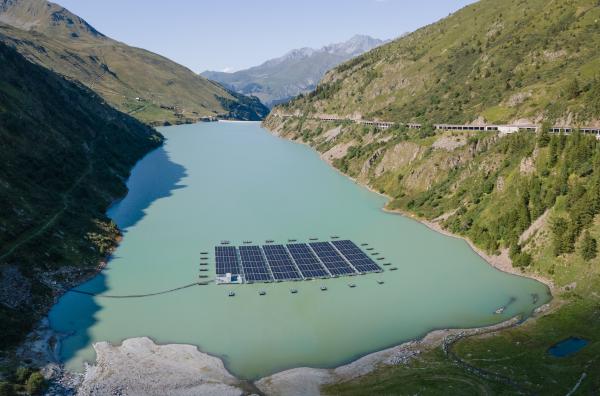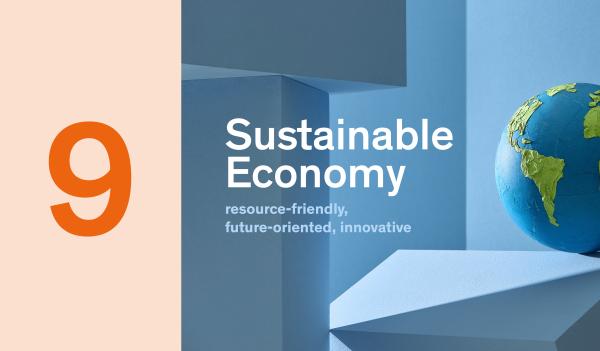Finance
The transition to a sustainable economy requires investment and thus also capital. Typical examples are investments in improved resource efficiency, cleantech or sustainable mobility. At the same time, financial institutions should increasingly allocate funds according to environmental and social criteria. Innovative financing systems are needed to ensure that economic and social activities do not exceed planetary boundaries while simultaneously increasing welfare. Sustainable finance should motivate companies to invest in projects that are environmentally friendly and improve the welfare of society as a whole.
Two projects addressed the financing of cleantech as well as various issues ranging from the feasibility of a Swiss sustainability exchange to why companies issue green bonds.


